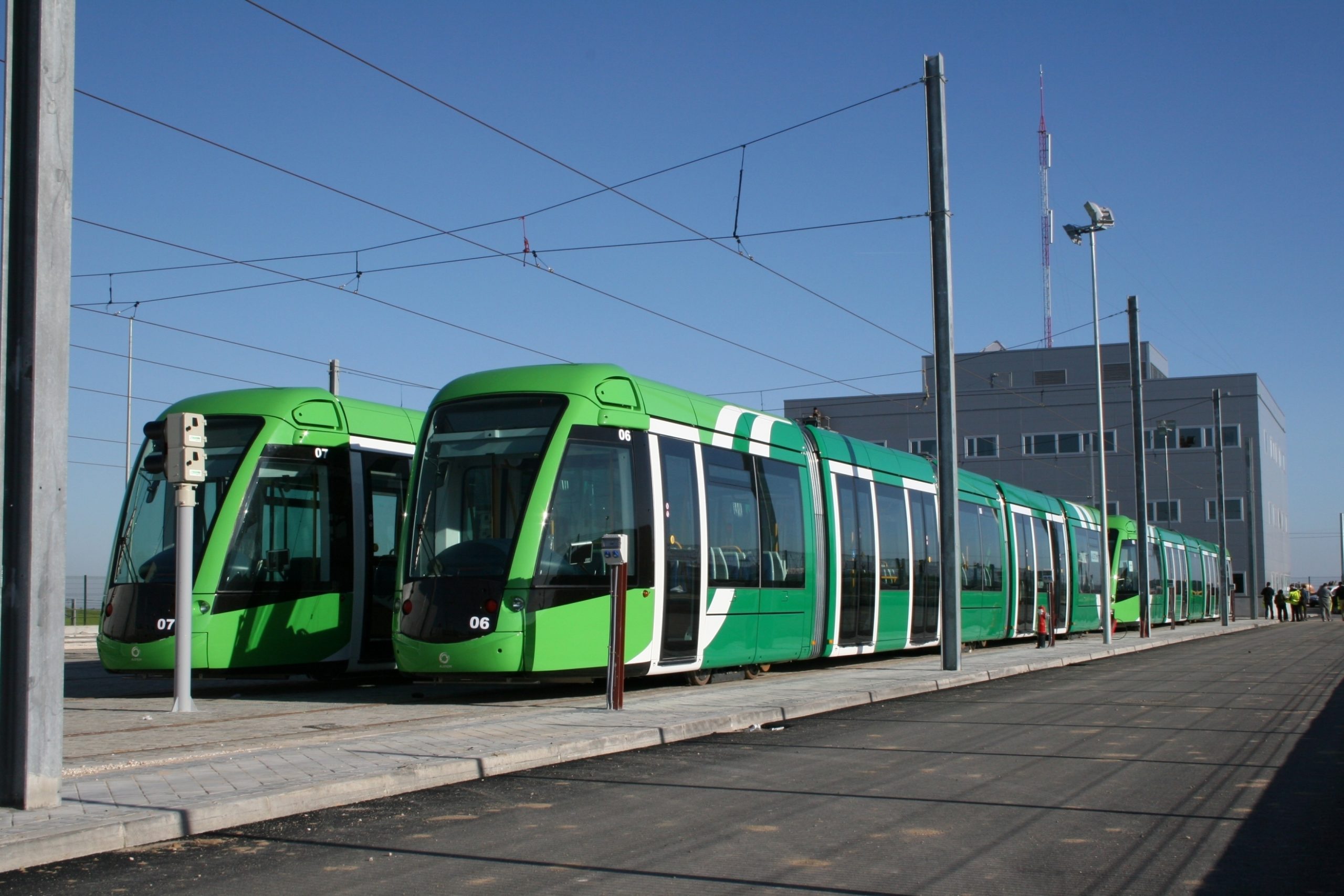
Sustainable, circular mobility initiatives
In order to meet the objectives of the European Green Deal and a carbon-neutral economy by 2050, the European Commission stressed the need for a powerful, quality railway network. A sustainable, circular urban mobility system must efficiently cater to the mobility requirements of its users, optimizing the full route to the maximum. This means making the most of the existing infrastructure, diversifying modes and transport and incentivizing business models based on the shared use of resources. In order to strengthen our commitment to sustainable mobility, we promote multimodal transport, improving connectivity between different types of transport and access to the collective transport network. Consequently, in February 2021, along with other major players in the sector, we joined the Multimodal Mobility Manifesto, driven by the Connected Mobility Hub. To promote this interconnectivity on Metro de Sevilla, we have installed charging points for electric cars, and for electric personal mobility vehicles (EPV) in some car parks and accesses to the Metro. Furthermore, we are working on “Mobility as a service” projects and on the application Meep Sevilla by Globalvia, which allows users to discover the most sustainable transport route with the lowest carbon footprint, whilst also providing last mile transport solutions.
Infrastructure for low-emission vehicles
At Globalvia, we are committed to adapting our infrastructures to the new requirements for low and zero emission vehicles. It is estimated that by 2025 at least one million charging and supply points will be necessary for the 13 million low-emission vehicles that will be travelling around European roads, and similar figures are expected in the rest of the countries where Globalvia operates. Therefore, we are immersed in an electric charging points installation plan on our main highways. One example of this, is our Ruta 27 highway in Costa Rica, which, together with CNFL (the National Power and Light Company), has launched the first Multiple Rapid Charging Center for electric vehicles in Central America in the Rafael de Alajuela sector, close to the San Rafael toll, a point through which 1.2 million users pass through each month.The integration of autonomous vehicles will also play a significant role due to the potential positive impact on highway safety, congestion in cities and the energy consumption efficiency. Therefore, this will account for a boost to shared mobility and mobility services platforms, and consequently this is another of the innovation and development lines we are working on.
